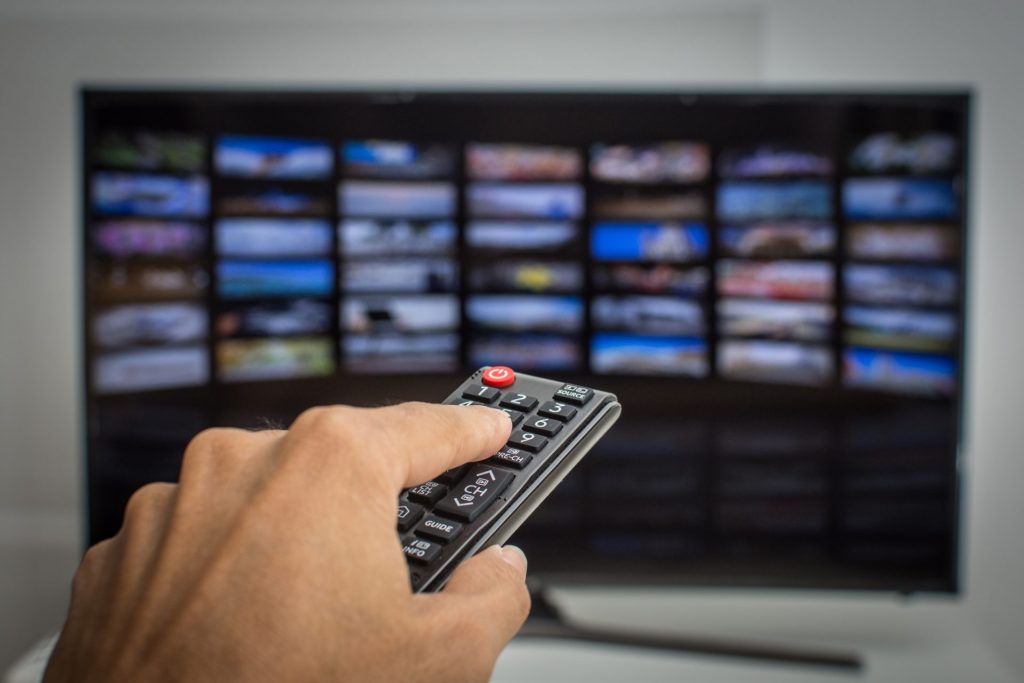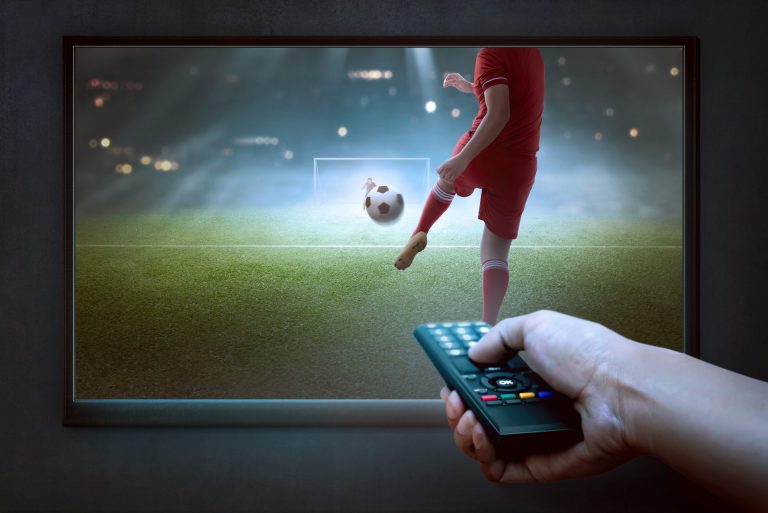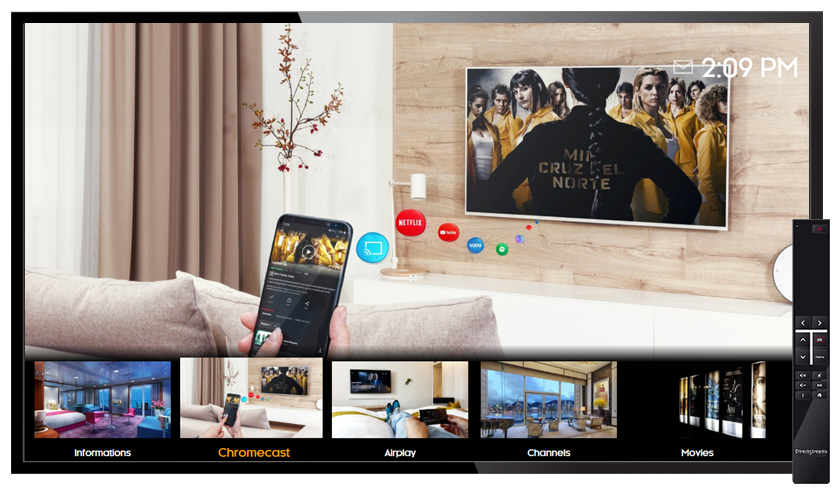The transition to DVB-T2 (UHD, 4K, 8K, HEVC, H265); what impact will it have on my hotel? We reveal everything!

Claire B.
Web Writer

Web Writer
The transition to the DVB-T2 digital terrestrial television standard is underway in many countries, impacting hotels. To ensure a satisfactory customer experience, it is essential that hotels prepare adequately for this switchover.
Awareness is the first step to preparing hotels for the transition to DVB-T2. Hotel managers must understand the impacts of this transitional phase and how they can be prepared to minimize disruption.
It is crucial to check the DVB-T2 transition schedule by region, as dates can vary from country to country. This will allow hotels to effectively plan their preparation by anticipating the deadlines.
Better anticipate the future by reading this article!


DVB-T2 (Digital Video Broadcasting – Terrestrial 2) is the latest digital terrestrial television (DTT) broadcast standard, offering many benefits for hotels, such as improved picture and sound quality, a wider variety of broadcast channels, and better resistance to interference.
However, upgrading to DVB-T2 can also come at a high premium for hotels, as well as the need to broadcast simultaneously in DVB-T and DVB-T2 during a transition period and the need for new equipment for hotel guests to receive digital terrestrial television using DVB-T2.


Upgrading can be costly for hoteliers. Existing equipment, such as set-top boxes, receivers, and DTT antennas, must be replaced with DVB-T2 compatible models.
Some customers may still be using equipment that does not support this technology. It is, therefore, necessary to continue broadcasting in DVB-T to satisfy these customers during the transition period. This means that hotels have to invest in two different broadcast systems, which can be costly and complicated to manage. But it is important to note that this transition period is temporary and that DVB-T equipment will be gradually replaced by DVB-T2 compatible equipment.
In conclusion, the transition to DVB-T2 technology can offer significant benefits to hotels in terms of image and sound quality for hotel guests, variety of content, and a smooth viewing experience. Therefore, the costs associated with upgrading TV and broadcasting equipment (smart TV, 4k HD, Samsung or LG TV) and the need to broadcast simultaneously in DVB-T and DVB-T2 during a transition period must be taken into account.
In summary, transitioning to DVB-T2 is a challenge to hotels, but by being well-informed and well-prepared, the impact on hotel guests can be minimized. Therefore, it is essential to educate hotel management, plan around the transition timeline, and communicate effectively with guests to ensure a satisfactory customer experience.
Fortunately, there are alternatives for hotels that want to improve customer experience without having to invest in expensive equipment.
What are they? Which ones?
IPTV solutions, such as those offered by DirectStreams, allow your hotels to offer live, on-demand TV channels and personalized content while providing a customized experience for each guest.
By opting for our solution, your hotels can set themselves apart from your competitors by offering a unique, customized, and superior experience to your hotel guests.
To learn more, contact us!
Check out our different articles HERE.

Our know-how at the service of your hotels